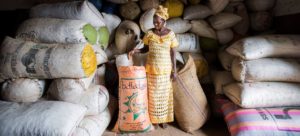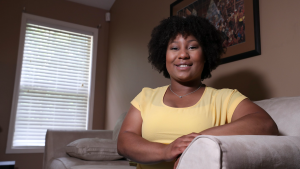Rochester, N.Y. – Local leaders gathered Tuesday for the first meeting of the Reparations and Universal Basic Income Committee for the City of Rochester.
Mayor Lovely Warren, as well as local faith and philanthropic leaders, were among those in attendance.
The exploratory committee was created in April following a report by the RASE Commission, and will examine reparation pilots in cities around the U.S. to see how similar programs can be developed locally.
Last week, the mayor’s office said the focus of Tuesday’s meeting would be guaranteed income. The announcement came as State Sen. Jeremy Cooney proposed legislation for a cash relief pilot program. That pilot would be made up of 1,000 low-income homes with children that would be provided $500 monthly for the program’s two-year run. The homes would be chosen at random.
Groups invited to Tuesday’s meeting included the Rochester-Monroe Anti-Poverty Initiative, the Urban League of Rochester, Action for a Better Community and the United Way of Greater Rochester.
“We’re not trying to reinvent the wheel,” Warren said Tuesday. “We want to work with people that are in this space already, because we believe in that partnership, and together we can change the outcomes for our residents.”
“Please think of this as an opportunity for us to really change how people in our neighborhoods and people who are affected by poverty every day live, work and play in our city,” she added. “And there are small things that we can do in order to make that impact – and those small things coupled with big things truly will change what’s happening in our community on a larger basis.”
In addition to proposals such as universal basic income and guaranteed income, Mayor Warren has previously noted tax revenue from the state’s newly-legalized adult recreational marijuana program as another means to achieve reparations and address historic inequities in Rochester.




